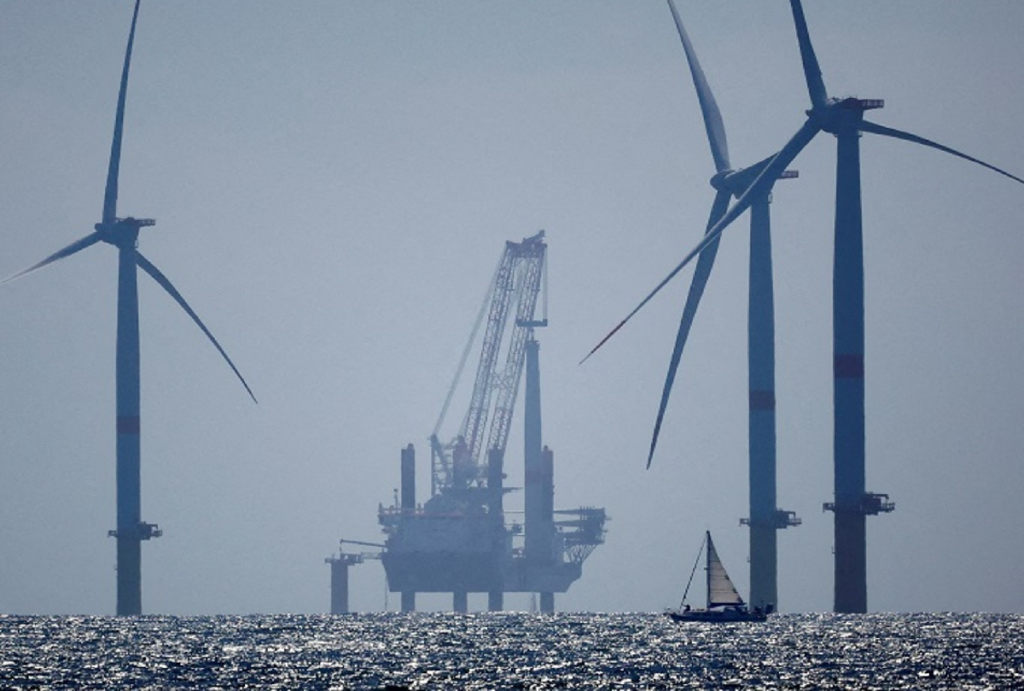
Summary
(Reuters) – The weak statement that omitted any mention of fossil fuels was probably the best outcome that could have been realistically expected of the COP30 climate summit.
It was always going to be a tall order to put nearly 200 countries with massively different perspectives together and deliver a strong statement that commits to combating climate change.
Assume that the environmentalists had got their way with a strong communique that made firm commitments to phase out fossil fuels in a timeline that would meet ambitious climate targets.
Would this alter the views of major crude oil producers and exporters such as Saudi Arabia, Russia and the United States?
Would these countries decide to scale back their investment in fossil fuels and switch their efforts to building renewable energies such as wind, solar and battery storage?
It would be highly unlikely that even a bold statement on meeting climate targets would alter the behaviour and plans of the major fossil fuel producers.
Countries with vast reserves of fossil fuels are still likely to develop them for domestic use and exports as it makes sense for them to do so.
What the COP30 summit did confirm is that the energy transition is increasingly divided into those countries that rely on fossil fuels for domestic energy and export revenue, and those that are trying to end reliance on fossil fuels by electrifying their systems and using renewables.
The part of the COP30 statement that is more important than the lack of any mention of fossil fuels is the deal to triple climate finance for developing nations by 2035.
While details of how this money will be sourced and what projects it will be used for are still to be clarified, what it does mean is that more investment will be placed into energy transition, and largely in countries that the fossil fuel lobby is trying to win over to their cause.
CHINA’S SOARING CLEAN ENERGY TECHNOLOGY EXPORTS
It’s likely that in the coming years there will be a battle for the energy future of much of the developing world.
On the one side will be fossil fuel promoters such as the United States using tactics such as trade tariffs or access as leverage to encourage countries to buy liquefied natural gas (LNG).
On the other will be countries like China, using its massive cost advantage in renewable technologies to sell cheaper electricity solutions that don’t lock in a reliance on imports of price-volatile fossil fuels.
China’s exports of clean energy technologies are surging and hit a record high of $20 billion in August, according to data compiled by research consultancy Ember.
The value of China’s exports of electric vehicles has surged 26% in the first eight months of 2025 from the same period a year earlier, Ember said in a report last month.
Battery shipments are up 23% in the January-August period, while the value of grid components rose 22% and wind by 16%, although exports of solar panels dropped 19% in value.
The drop in the value of solar exports is more a factor of falling prices for panels rather than any drop in volume, with Ember saying exports totalled 46 gigawatts in capacity in August, a new record high and more than the entire installed solar capacity of Australia.
If China can maintain, or even lower prices for its clean energy products it will be hard for the fossil fuel exporters to compete.
It may be a cliché, but the phrase “money talks, everything else walks” does bear relevance to the energy transition.
Ultimately the winner will be the system that provides the most affordable and secure source of energy.
This means that fossil fuels will stick around for as long as they can compete with the renewable alternatives, and how long this is the case will vary from country to country.
Coal will remain competitive in countries like India and China for decades given they can mine and transport it cheaply.
But coal is likely to start losing ground in importing countries such as Japan and South Korea, which are unlikely to build new coal plants to replace ageing fleets as renewable alternatives are not only lower in emissions but also in price.
The views expressed here are those of the author, a columnist for Reuters.
Editing by Muralikumar Anantharaman
Share This:




 CDN NEWS |
CDN NEWS |  US NEWS
US NEWS 


























